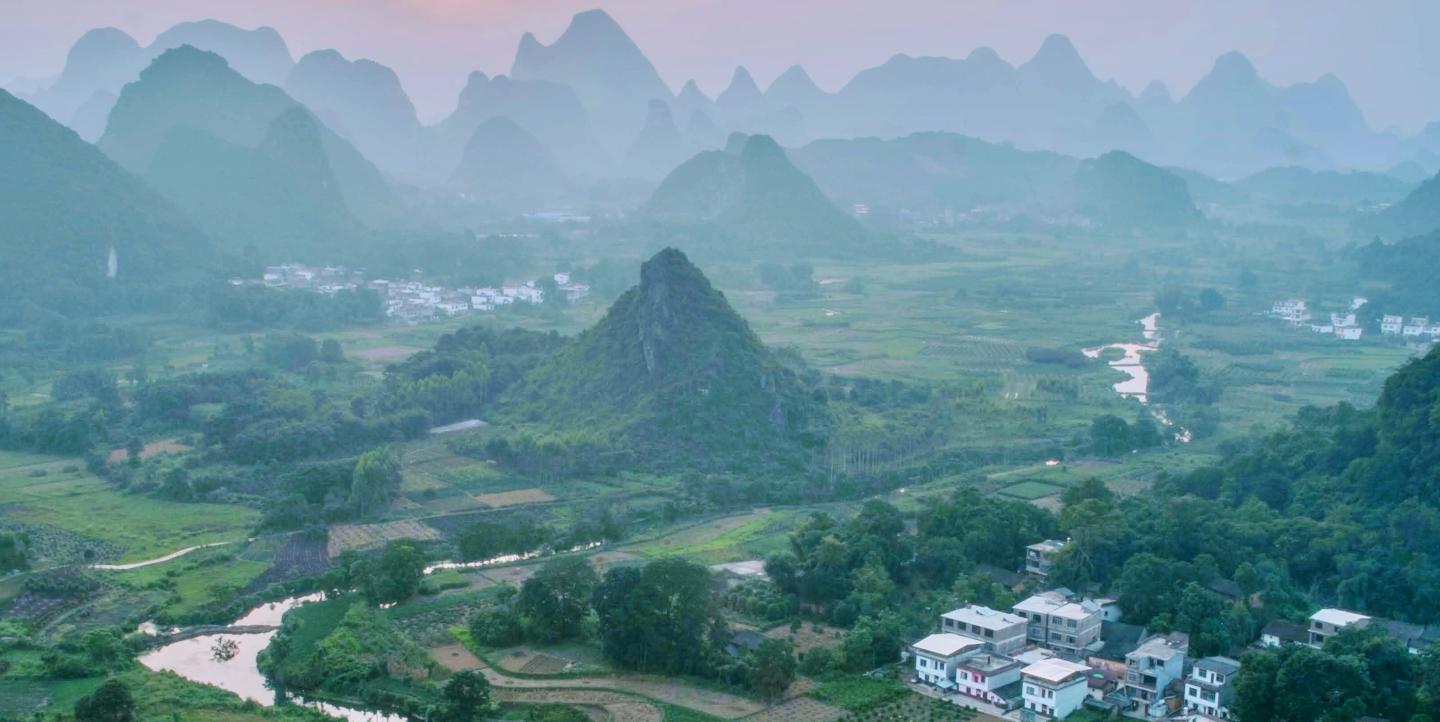For reporters in China, the world’s largest greenhouse gas emitter, covering environmental issues is essential. Exposing the country’s destructive practices can influence the government to adopt renewable energy alternatives and carbon mitigation strategies, among other climate change solutions. Without China on board, it will be difficult for the world to reach the global climate goals laid out in the Paris Agreement.
Yet, China’s restrictive political climate threatens the sustainability of environmental journalism. In recent years, Chinese government officials have shut down reporting efforts; meanwhile, trust among the public in journalists’ coverage has been upended, leading to skepticism of reporters’ intentions.
I spoke with three reporters from mainland China and Hong Kong to better understand how censorship and threats to their physical safety impact their reporting on the climate crisis and other environmental issues.
Facing censorship
According to *one Chinese reporter, X, citizens of the People’s Republic of China were, as recently as 10 years ago, receptive to reading news about the environment, even if it meant exposing the government for its polluting practices.
Protecting the environment, and combating the climate crisis, was a priority for the Chinese Communist Party. “Ten to 15 years ago, there were brilliant environmental NGOs. There were more concerns about the use of plastic bags and air pollution,” said the reporter. “There was a lot of acceptance of the issues on the agenda.”
There is little space today, however, for any investigative reporting into environmental issues in China, the reporter explained: “Journalists face real risks and threats by different kinds of stakeholders, including local authorities and central governments.”
Heightened government censorship has repressed environmental coverage. Journalists who report on the environment and climate-related matters are frequently labeled traitors, not unlike other journalists critical of government policies.
The government also impedes journalists’ efforts to report on the climate crisis, according to Chinese environmental reporter Chen Zhou. “[Government officials think of] different ways to build more obstacles so [reporters] can’t get enough information to write detailed stories anymore,” she said, adding that efforts to surpass censorship are shut down with frequent and immediate force. This leaves “almost no space for any investigative work to be done on environmental issues in China,” explained Zhou.
Censorship has expanded beyond mainland China and into Hong Kong, where press freedom has declined since Beijing adopted its National Security Law. “Before 2019, investigations on the environment were not a dangerous area for journalists [to cover]. I didn't worry too much when I worked,” said *one Hong Kong-based reporter. “But now the situation is really bad. The whole industry experienced a significant shrink.”
This journalist stopped reporting on environmental topics after the National Security Law was passed for fear of backlash for their coverage.
Disinformation, harassment, and lack of trust in the media
State manipulation of the media ecosystem has intensified the obstacles journalists face in China.
Efforts to expose destructive activities employed by the government are often labeled as conspiracy theories. Authoritarian policies that spread ultranationalist disinformation also complicate journalists’ efforts to keep their communities informed.
“There is so much misinformation and fake news going around, and different conspiracy theories floating [around], that readers and immigrants in China these days care so little about environmental issues or [their effects]. They see it as a conspiracy,” Reporter X said.
Coverage of polluting practices is frequently labeled as Western propaganda — enemy news seeking to suffocate economic growth, the reporter continued. Many citizens interpret the intentions of journalists’ investigations as personal attacks, attempting to diminish their financial gains and disrupt their businesses. “[People] don't quite like the intentions of environmental journalists,” she said.
Disinformation isn’t the only threat. Zhou experienced firsthand the harassment local authorities have imposed on environmental reporters. While visiting the southeast city of Quanzhou to investigate a toxic petrochemical leak for Caixin Global, she was startled in her hotel room when four policemen barged in unannounced, demanding that she identify herself while they searched the room.
Still, this traumatic encounter is incomparable to what other journalists have experienced, said Zhou, noting that some reporters have disappeared or been sentenced to several years in jail. “In China, most of the time, the reporters are always under some cover of uncertainty because they have no idea what [threats] they are facing,” she said.
Though now based in Canada, Zhou still worries about the Chinese government’s response to her reporting. “Because my relatives are still in China, the government can still control me,” she said.
The future of environmental reporting
With authoritarians’ grip on power only growing stronger, the future for environmental reporting in China appears bleak.
The combination of censorship and disinformation chills critical reporting on the environment. At the same time, the country increasingly contends with what Reporter X called a “vicious cycle,” in which public debate over the truth — even when the issue is as definitive as the environment’s deterioration — hinders efforts to address the climate crisis and China’s polluting infrastructure.
“What I'm afraid of is that because environmental stories don't get a lot of attention, journalists won't want to get into this world because it isn't all that rewarding. And therefore, as a consequence, there's less great stories coming out on this front,” the reporter said. “The capacity for reporting on the environment will go down.”
In order to reinstate Chinese citizens’ confidence in their coverage, environmental journalists should aim to center their stories on the effects of environmental disasters and pollution on communities, explained the journalist. Approaching issues from a community-first, people-focused standpoint may prove more palatable to readers, with more potential to resonate in the face of widespread misinformation.
Despite the risks to their safety and the challenges presented by Chinese government propaganda, it’s essential that environmental journalists continue reporting. As scientists warn of rapidly rising sea levels, unprecedented atmospheric warming and irreparable harm to the environment, it is more vital than ever today to hold governments accountable for emissions and pollution.
Without coverage of the environment in heavily polluting countries like China, accountability plummets across the board, and the target to limit global warming to 1.5°C becomes only more difficult to achieve.
*These journalists prefer to remain anonymous for safety purposes.
Photo by William Zhang on Unsplash.


